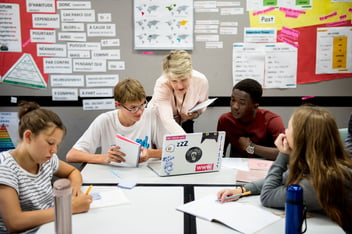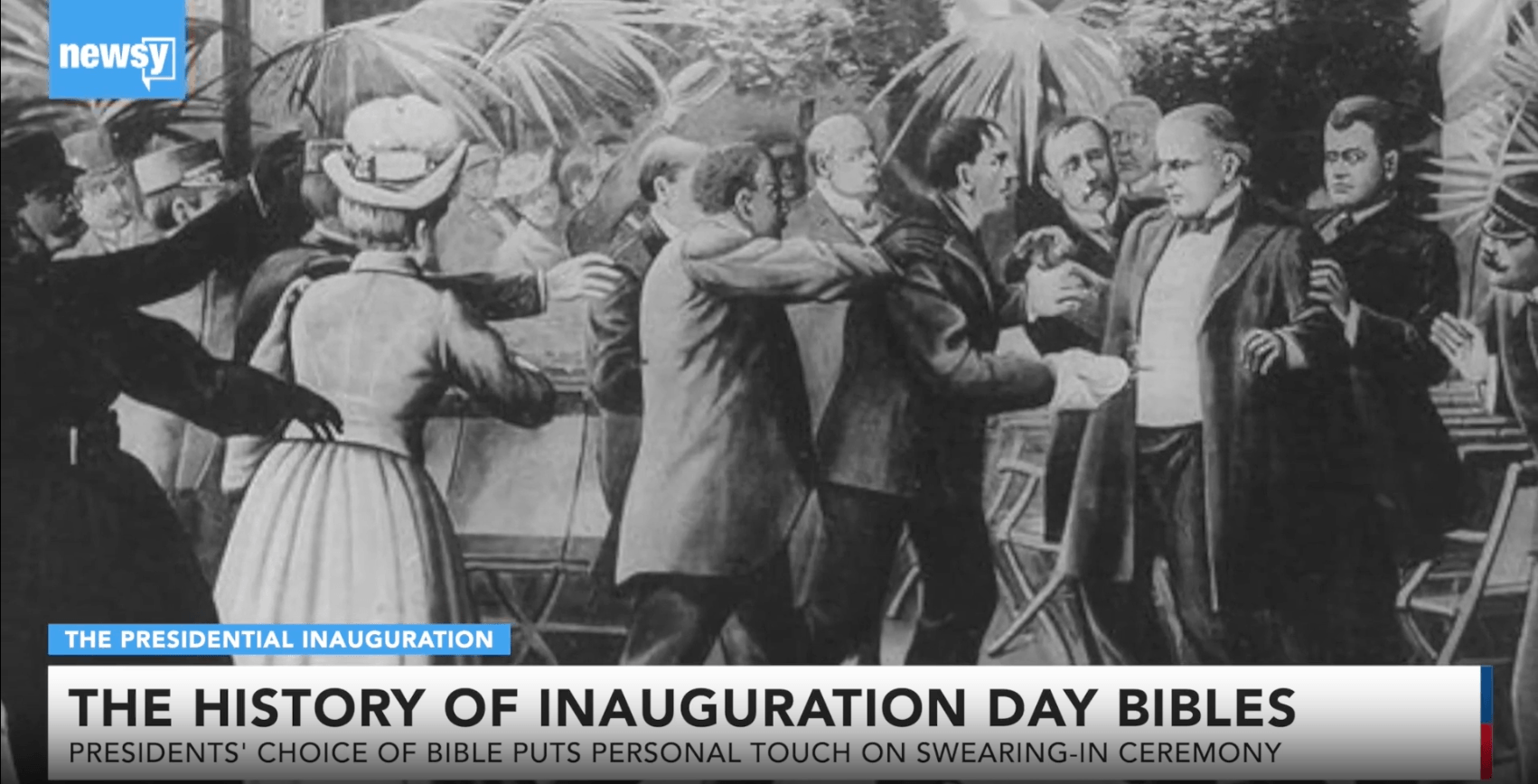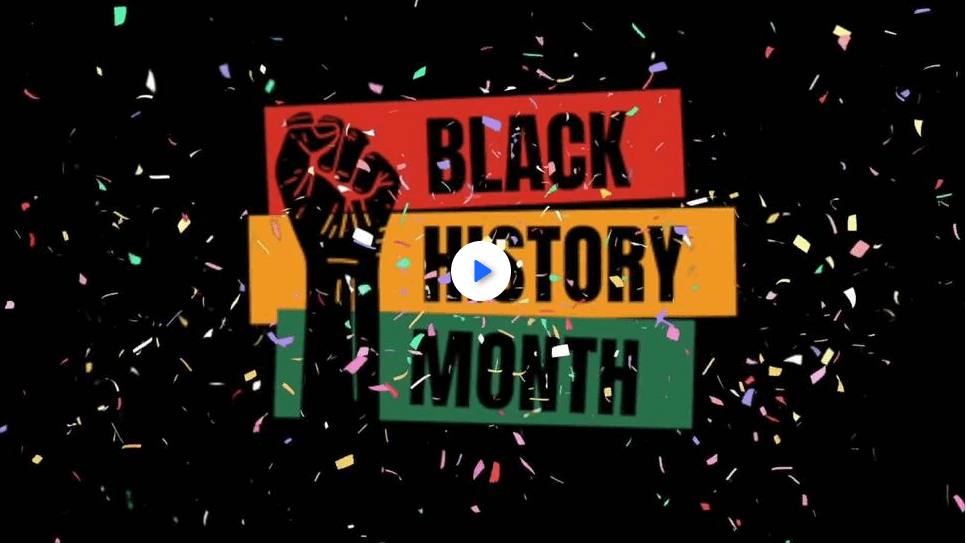YouTube may be free, popular, and familiar—that's why many teachers use it. But there are many risks with sending students to YouTube for educational video.
There are a lot of reasons why YouTube is dangerous for schools, but the primary concern is safety—from disinformation to unregulated ads, from suggested videos to unscreened comments. YouTube is designed to serve advertisers and make money by keeping users on the platform, not prioritizing quality and provenance.
Over the years, YouTube has come under fire for issues related to children and privacy. In August 2019, YouTube finally agreed to stop targeting advertisements on videos that are popular with kids. This decision was the outcome of a settlement from an FTC investigation into Google’s compliance with the Children’s Online Privacy Act, according to Bloomberg. But we know the problem is not solved, as YouTube still struggles with this issue four years later.
YouTube says it’s working to fix issues like this, but educators using the platform must be prepared to deal with whatever the next manifestation of problems like these will be. Unfortunately, the potential for abuse is baked into the very nature of the site as a home for user-generated content. And as AI-generated content becomes easier to create, YouTube will become a battleground for disinformation.
Luckily, Boclips Classroom is a world-class, curated educational video library and alternative for YouTube in schools.
A focused environment
When students follow a link their teachers share with them via Boclips Classroom, they’re taken to a focused page on the platform that shows only the video or collection that the teacher has selected. This means that, unlike YouTube, there are no distractions like irrelevant suggested videos or autoplay. Teachers don’t need to worry about broken links or videos being removed from the site either.
Curriculum-aligned
Boclips aligns to more than 70 common curriculum and state standards, offering videos mapped to every learning objective. This saves teachers hours of time searching for videos to support specific learning objectives of their curriculum.
Provenance guaranteed
According to the World Economic Forum's Global Risks Report 2024, disinformation is a leading global threat, and the proliferation of misinformation and disinformation on YouTube will only grow as AI-produced content becomes easier to create. Boclips sources educational video directly from the world's most prominent creators, including PBS, SciShow, Bloomberg Fuse School, Learnzillion, The School of Life, Ted, and more. You know the provenance of each video is genuine.
Organized and searchable
Unlike YouTube, Boclips offers an extensive metadata structure designed for education, making it fast and easy for educators to find the right video. Search by subject, academic level, pedagogical use case, CEFR level, video type, curriculum, and more to find the right video for the right lesson. Save hours searching through results, and choose confidently knowing the provenance of each video and safety of the platform.
We support creators
Boclips works closely with creators to license their videos, and pay them a share of our revenue we receive from our customers. We regularly work with them to share insights about what is most valuable and needed in education, so they can make videos directly tailored to our educators. Unlike Youtube's ad-centric business model, our model means educators and creators can both work together on producing the best educational outcomes for students, in a safe and secure environment.
Free of pop-ups and affiliate links
YouTube videos often include external links to products or sites which may be useful for older viewers watching videos for entertainment but are disruptive and irrelevant for students. Many videos also begin with a distracting ad. When students watch a video in Boclips, teachers don’t need to worry about any unexpected ads, pop-ups or external links.
No comment section
Although discussion and debate are useful, YouTube’s open comment section can be filled with contributions that may be distracting at best and inappropriate at worst. When students visit Boclips Classroom links, they can safely focus on the assigned video resource without the distraction and danger of an open forum.
Designed for engagement and focused on education
The goal of a video platform for schools is to engage students with material aligned to learning objective, not maximize the amount of time a student spends watching video. In fact, we know that short educational videos are often more impactful, and the end goal is to engage a student and support a learning outcome.
YouTube is designed to make money from advertisers by keeping users on the platform. Their priority is to the businesses buying ads, and not to the academic community. The YouTube experience contradicts the way we want students to engage with video - in a distraction-free environment, only viewing the material an educator directs them to.
If you’re looking for a school-safe alternative to YouTube, Boclips Classroom is a curated, curriculum-aligned, world-class alternative. Try it for free at boclips.com/classroom.
- #Video in Digital Learning
- #Classroom
- #Educational Videos
- #Tips for Using Video
- #Video Content Partners
- #Boclips for Publishers
- #Issues in Education
- #News and Announcements
- #Educational Videos by Subject Area
- #Events & Holidays
- #Video and Teaching Tools
- #Teaching Methodologies
- #Education Videos
- #Video and Digital Literacy
- #Short Educational Videos
- #Instructional Design
- #Multimodal Learning
- #Video and Student Safety
- #Accessibility in Education
-3.png?width=390&height=223&name=Untitled%20design%20(2)-3.png)
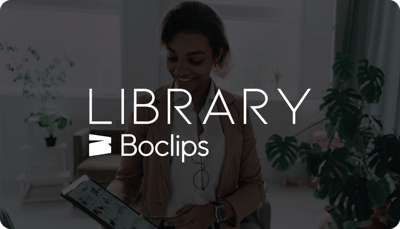
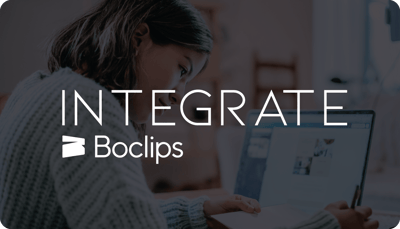
.png?width=1152&height=660&name=Copy%20of%20Untitled%20Design%20(1).png)
